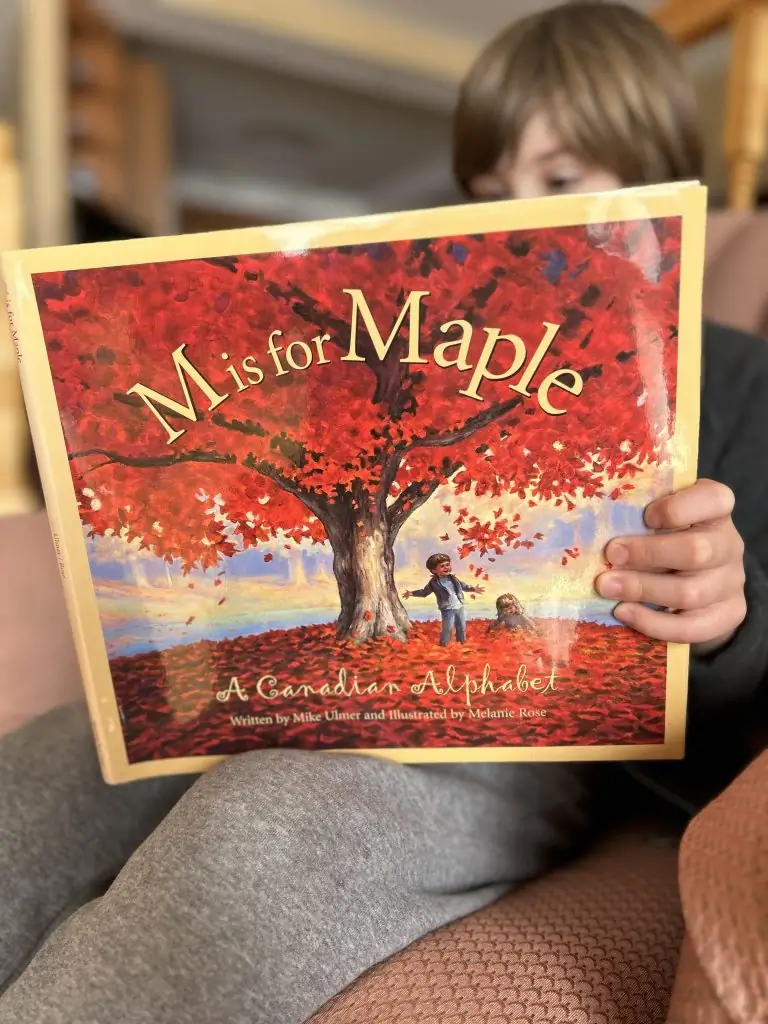
Imagine you are packing up in a rush early in the morning — but it’s not because you fear missing your flight to the seaside. Instead, your brain struggles to process reality and you just go from room to room trying to make sense of the most useful things to take — like a sleeping bag or another pack of diapers.
You are paralyzed by fear for your children’s lives, yet need to get your act together and pack fast. You are packing to seek safety far away from home, realizing that you may never get to see that home or your loved ones again. While prioritizing space in the suitcase for another toy over your sweater, you just say goodbye to the life you had when going to bed last night.
This is the beginning of my story, but I share it with millions of Ukrainians who found themselves navigating a new reality as “forced migrants” in the wake of the Russian war in Ukraine.
The term “forced migrant” is apt for those who were never planning on living abroad or raising children in another country, but now find themselves scattered across the globe, including Canada.
As newcomers to Canada, Ukrainians encounter a mosaic of cultures, a landscape that may seem unfamiliar and overwhelming. The need to adapt quickly (almost as quick as packing that suitcase) and the challenges of integration are often accompanied by emotions ranging from anxiety to homesickness. Navigating this cultural terrain is like walking a tightrope, fraught with complexities.
While I found myself to be a rather successful “forced migrant” (my own humble opinion) with a great job, clear vision of a way forward, and appreciation for the warm welcome of Canadian people, I made it my purpose to help as many Ukrainians as possible to become successful by sharing my experience, tips, and personal observations.
In this essay I would like to unpack some of the cultural nuances faced by Ukrainians in Canada, offering insight not only for those experiencing this shift, but for Canadians seeking to understand their Ukrainian neighbours.
Understanding Ukrainians
The serious smile. Ukrainians typically smile for a good reason, a habit shaped by history. It’s not a sign of rudeness or gloom, but a legacy from a Soviet regime where overt happiness was frowned upon. There’s even a saying that translates to “smiling for no reason is a sign of stupidity.”
When I had just started working in Canada and joined Vision2Voice, a female-owned business that supports Ukraine, I even shared with the team some of my attempts at mastering the art of smiling, eliciting laughs from my colleagues. So yes, I did mention that my natural facial expression might seem stern to some.
Conversation depth. Small talk isn’t a common practice in Ukraine. When asked “how are you,” Ukrainians might share a detailed response about their feelings, plans, and challenges.
This reflects a cultural preference for substantial conversation. And as a Ukrainian, once I realized it, it took me some time to learn the art of small talk.
Language barriers can also be a huge roadblock, but practice smoothes out the process. So, I would suggest that Ukrainians embrace the linguistic and cultural adjustment and go have small talks with neighbours, cashiers, or people on the bus.
Straight talk. Expect honest and direct feedback from Ukrainians. While it may seem harsh, it’s often meant to provide genuine, constructive insights.
What helped me in providing constructive feedback was the technique where I begin with positive feedback and then move on to what can be improved instead of just saying “you need to change this and that.”

Observations on Canadians
Generosity, openness, and individualism. Canadians are often genuinely nice. This is not a facade; it’s a cultural attitude fostered by a different societal context. Being kind and being yourself are not considered a weakness and everyone feels free to express their individuality.
In contrast, when I was growing up, I experienced the Soviet idea of collectivism. We heard almost every day from society that YOU come last. There is even a Russian saying, “I is the last letter of the alphabet” — in the Cyrillic alphabet, the final letter is Я, which means “I”.
And indeed, we were taught to never stand out, never express our own opinion, but be part of the system, know our place, and just obey the orders.
Only after Ukraine finally broke free from the deadly embrace of Russian influence and got its independence in 1991, did things slowly begin to change, yet we still have a long journey ahead of us to cleanse ourselves of this “collectivism mould.”
Indirect communication. Unlike the Ukrainian preference for directness, Canadians might take a more roundabout approach in their communication, trying their best not to hurt anyone’s feelings which is also sometimes referred to as “beating around the bush.”
Diversity and inclusion. Canadian society prides itself on being diverse and inclusive. In a nutshell, it is all about the same rules for all and everyone being treated equally.
People are getting treated with respect and dignity regardless of ethnicity, race, religion, background, gender, sexuality, or any other attribute. And this justice and ultimate respect for human rights is what makes this country so amazing.
For people who were born and raised in the Soviet Union and taught the culture of oppression of minorities, this new reality is eye opening. In the Soviet era of Ukrainian history (Russian occupation), words like human and rights were never used together.
The migration of Ukrainians to Canada presents a golden opportunity for mutual cultural understanding. Through acknowledging and embracing our differences, we can forge connections and ease the transition for those grappling with a new cultural environment.
It’s a shared journey. For Ukrainians seeking to integrate and Canadians eager to welcome, these insights act as a compass to navigate the rich tapestry of Canadian society through the Ukrainian lens.








